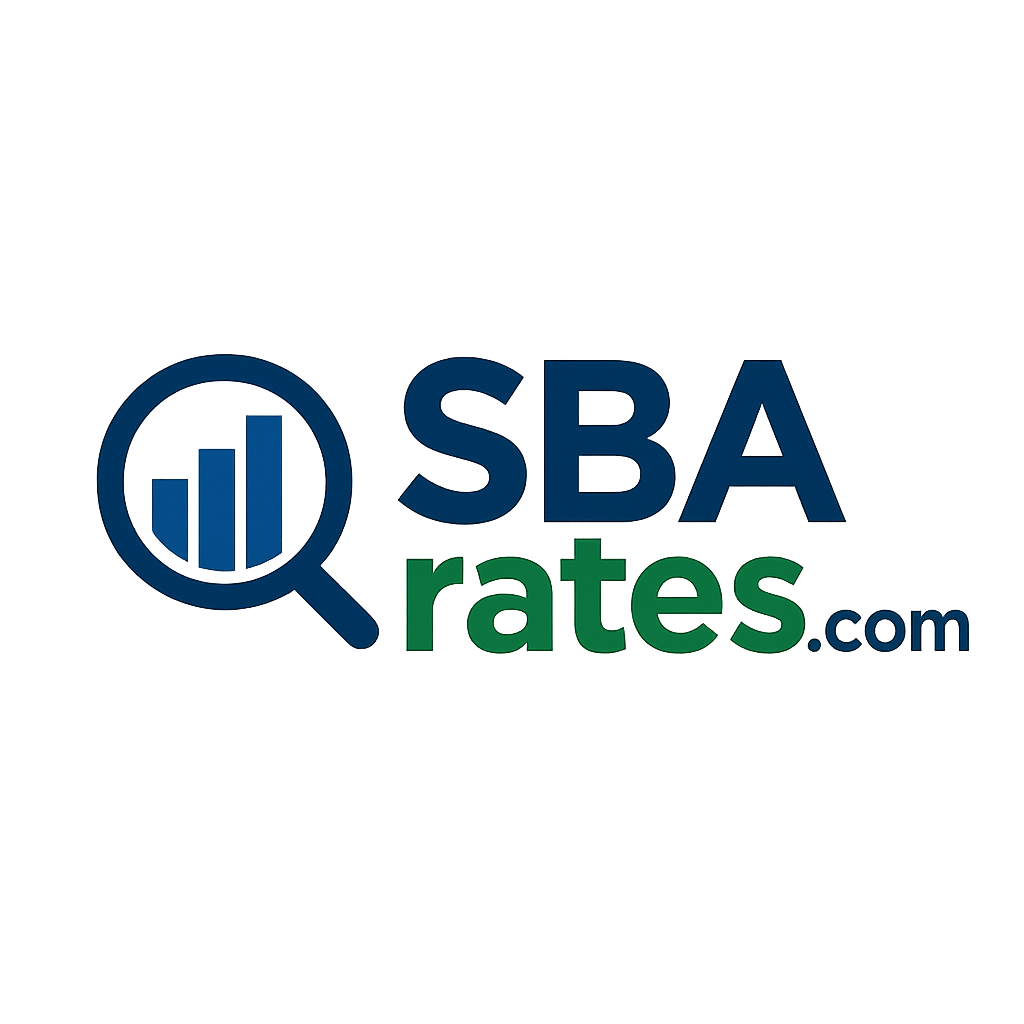Outpatient Mental Health and Substance Abuse Centers
621420
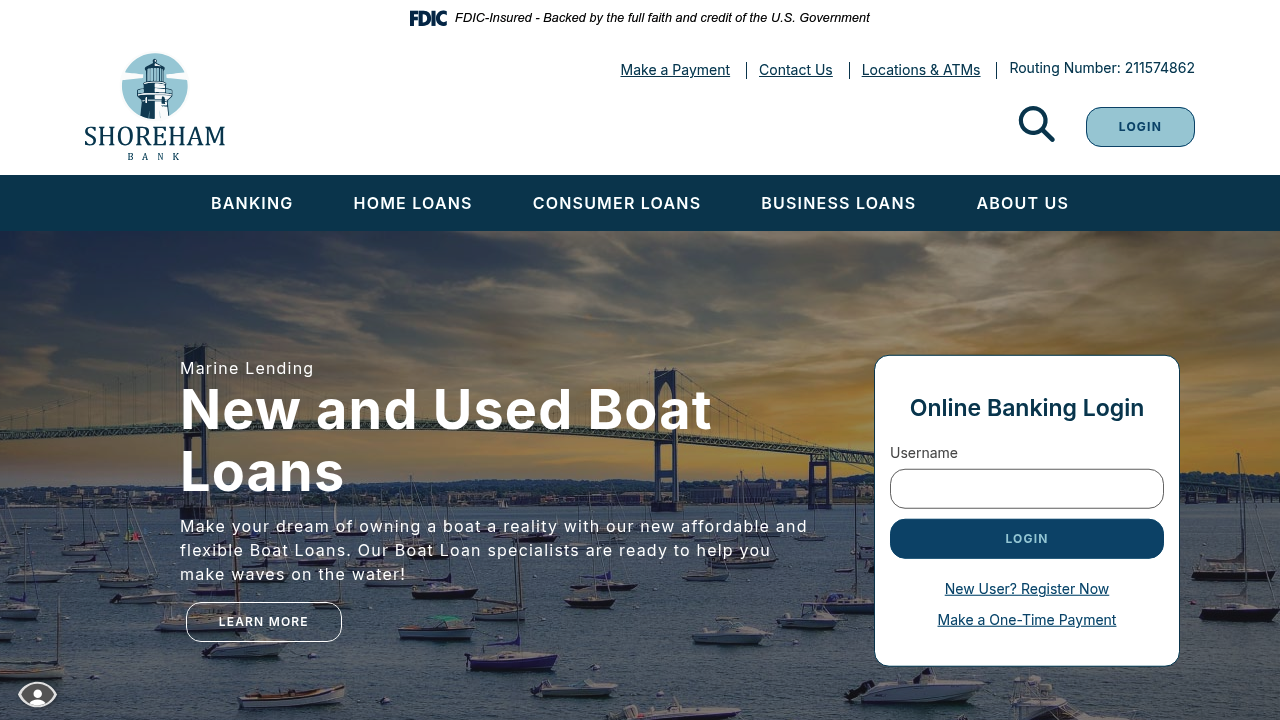
Shoreham Bank (RI)
Shoreham Bank offers Retail Banking, Mortgages, Home Equity Loans, Auto Loans, and much more. Providing our customers with convenience and reliable service since 1959.

 Salem Five Cents Savings Bank (MA)
Salem Five Cents Savings Bank (MA)
Salem Five Bank provides full-service financial services for the Greater Boston area, including banking, mortgage lending, loans, insurance and investments.
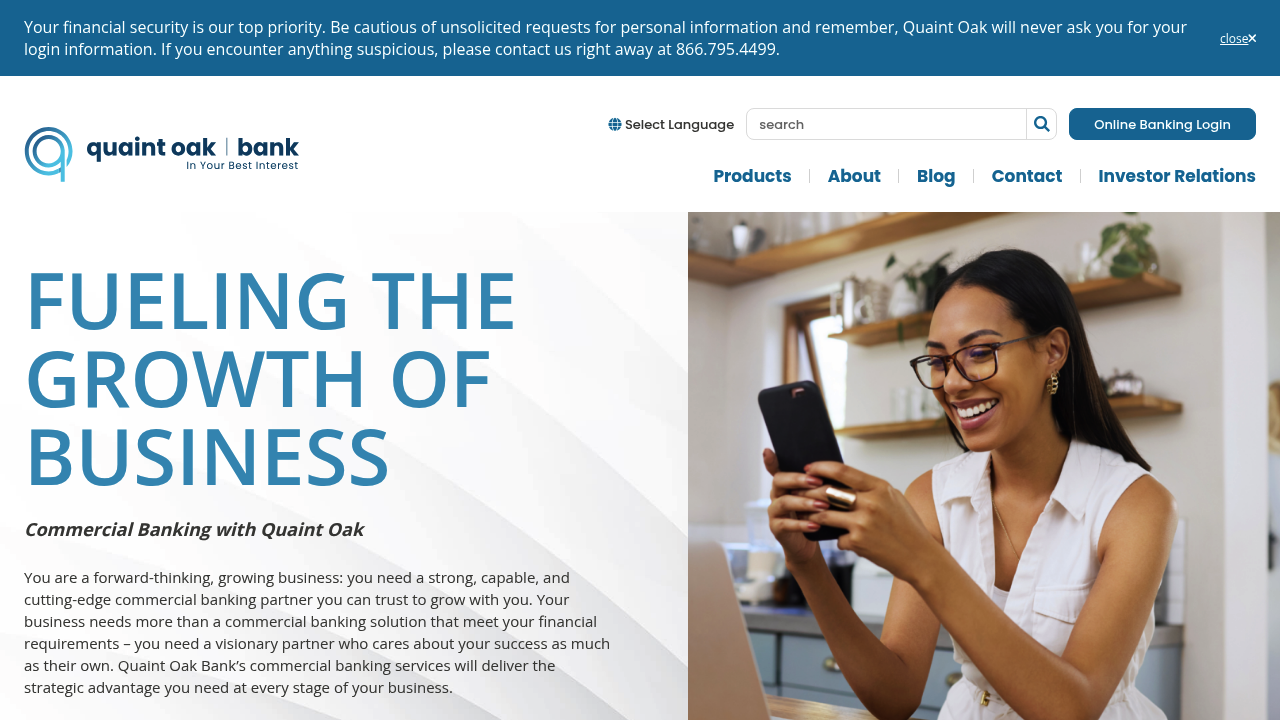
Quaint Oak Bank (PA)
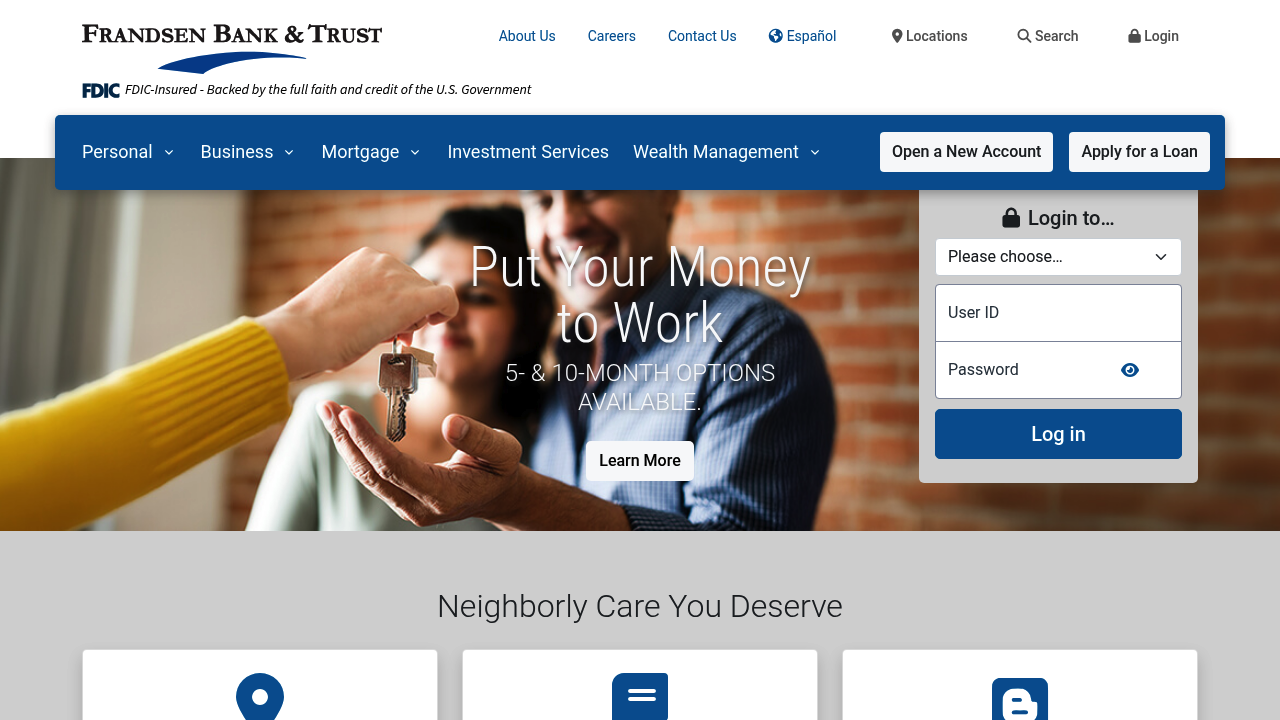
 Frandsen Bank & Trust (MN)
Frandsen Bank & Trust (MN)
Frandsen Bank & Trust is a full-service community banking, trust and investment services organization with offices located throughout Minnesota, Wisconsin, and North Dakota.
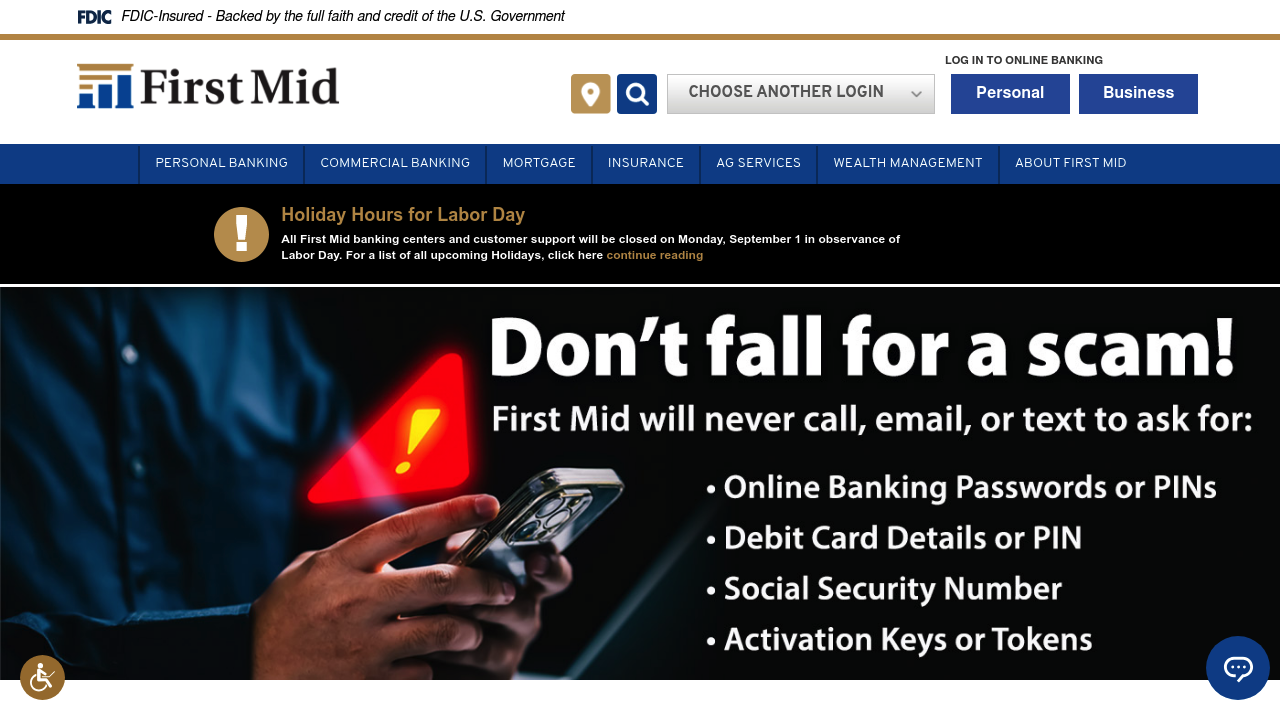
 First Mid Bank & Trust, National Association (IL)
First Mid Bank & Trust, National Association (IL)
First Mid Bank & Trust offers commercial & personal banking, insurance, & wealth management services throughout Illinois, Missouri, Texas & Wisconsin.
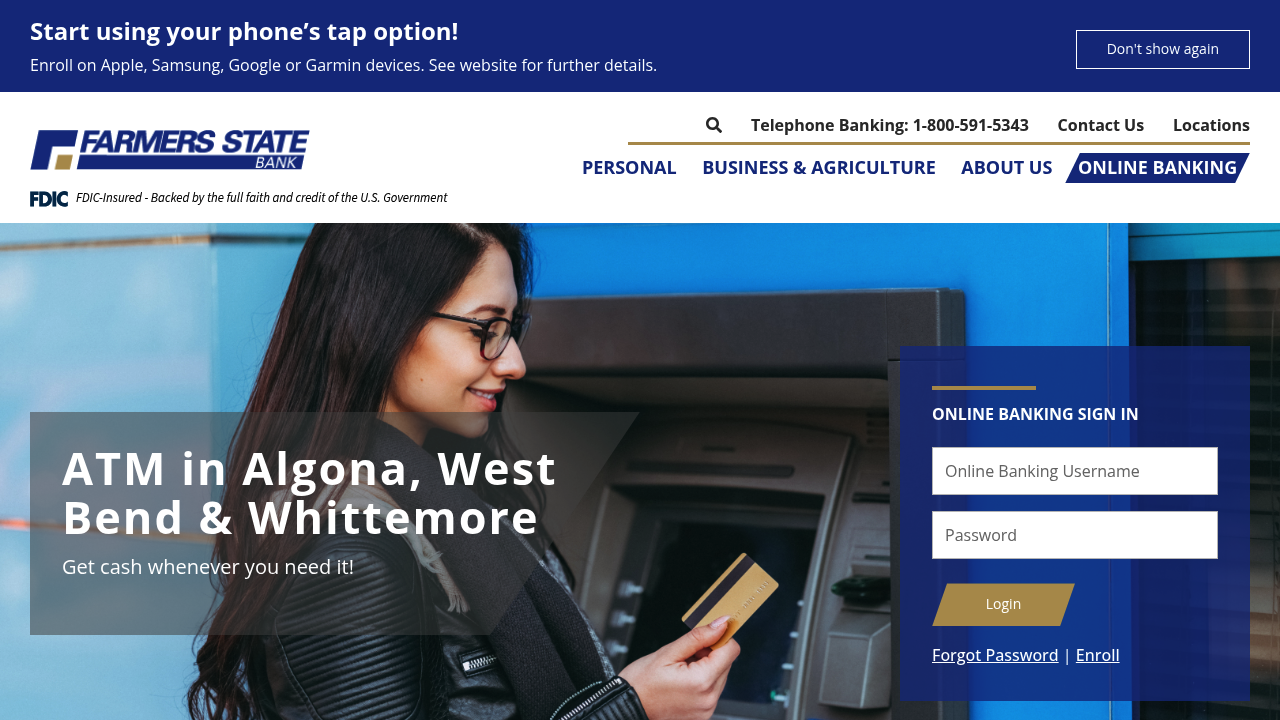
Farmers State Bank (IA)
Community National Bank (VT)
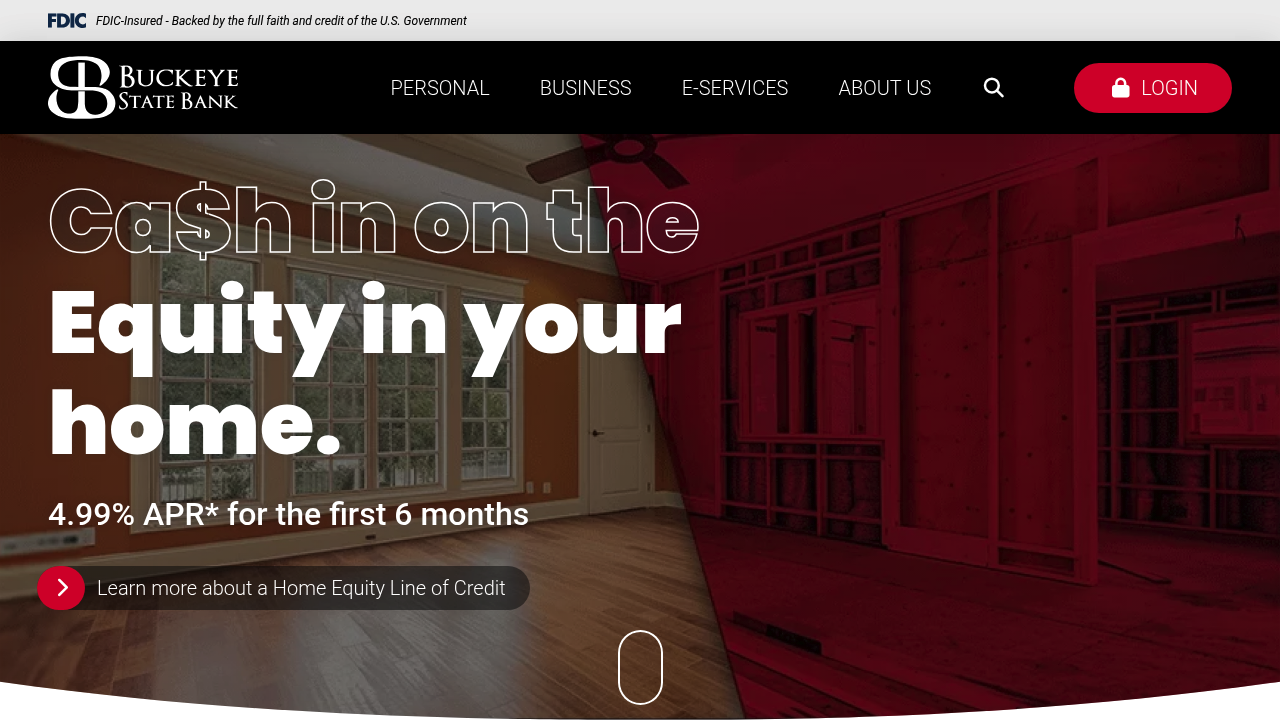
 Buckeye State Bank (OH)
Buckeye State Bank (OH)
Bank local with us — get top-tier technology to manage your money and personalized service you won’t find anywhere else.
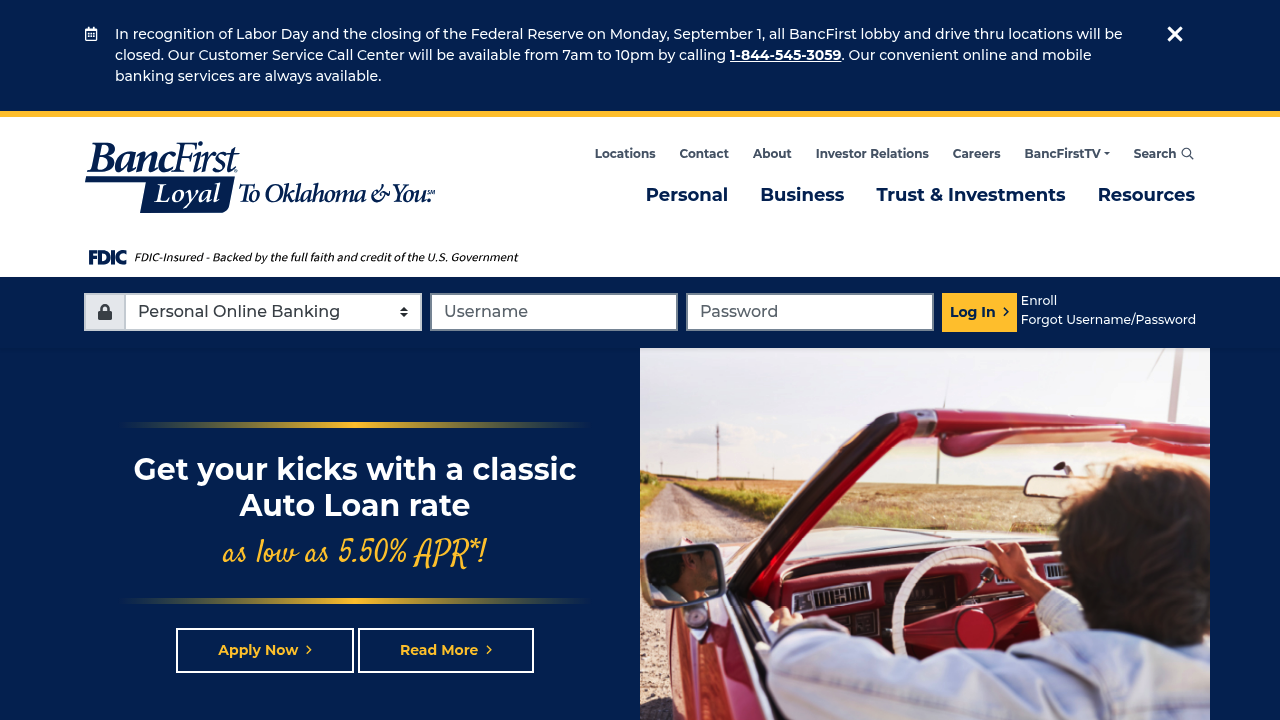
 BancFirst (OK)
BancFirst (OK)
BancFirst in Oklahoma offers a variety of personal and business banking services including accounts, loans, treasury services and more. Explore online.
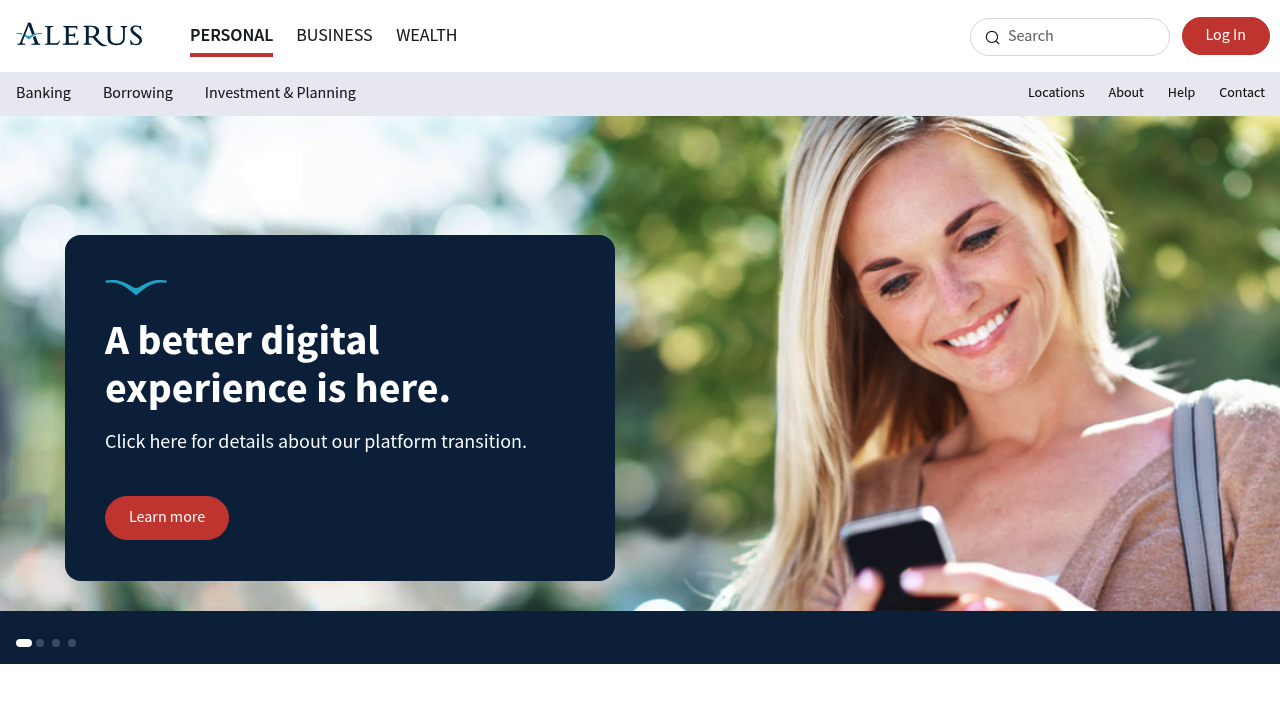
 Alerus Financial, National Association (ND)
Alerus Financial, National Association (ND)
Find financial confidence with services, technology and proactive guidance that supports you in your daily life and long-term goals.
SBA Loans for Outpatient Mental Health and Substance Abuse Centers: Financing Growth in Behavioral Health Services
Introduction
Outpatient mental health and substance abuse centers provide critical services to individuals and families dealing with behavioral health challenges. Classified under NAICS 621420 – Outpatient Mental Health and Substance Abuse Centers, this sector includes clinics, counseling centers, and rehabilitation programs that offer treatment without requiring overnight stays. While demand for these services is rising rapidly, operators face financial challenges such as staffing costs, facility upgrades, insurance reimbursement delays, and compliance requirements.
This is where SBA Loans for Behavioral Health Centers can make a major difference. Backed by the U.S. Small Business Administration, SBA loans provide affordable financing with longer repayment terms, lower down payments, and government-backed guarantees. These loans help centers expand services, invest in staff, purchase technology, and stabilize cash flow while growing to meet community demand.
In this article, we’ll explore NAICS 621420, the financial hurdles outpatient centers face, how SBA loans provide solutions, and answers to frequently asked questions from healthcare business owners.
Industry Overview: NAICS 621420
Outpatient Mental Health and Substance Abuse Centers (NAICS 621420) focus on delivering therapeutic and recovery support services without residential care. Services often include:
- Individual and group counseling
- Substance abuse treatment and recovery programs
- Medication-assisted therapy
- Family and community-based therapy
- Prevention, education, and wellness initiatives
The industry is experiencing strong growth due to greater awareness of mental health needs, government support, and increased insurance coverage. However, balancing care quality with financial sustainability remains a challenge.
Common Pain Points in Outpatient Center Financing
From Reddit’s r/healthcare, r/psychology, and Quora discussions, operators frequently highlight these struggles:
- Insurance Reimbursement Delays – Centers often wait weeks or months for payments, creating cash flow issues.
- Staffing Costs – Recruiting licensed therapists, counselors, and support staff is expensive.
- Facility Requirements – Centers must meet strict compliance standards for safety and accessibility.
- Technology Investments – Electronic health record (EHR) systems and telehealth platforms require upfront capital.
- Marketing & Outreach – Attracting and retaining patients requires consistent investment in community outreach.
How SBA Loans Help Behavioral Health Centers
SBA financing provides affordable, flexible capital that allows outpatient centers to improve patient care, expand capacity, and stabilize operations.
SBA 7(a) Loan
- Best for: Working capital, payroll, technology, or refinancing debt.
- Loan size: Up to $5 million.
- Why it helps: Provides liquidity for covering day-to-day expenses and managing reimbursement delays.
SBA 504 Loan
- Best for: Real estate purchases and large facility investments.
- Loan size: Up to $5.5 million.
- Why it helps: Ideal for expanding or upgrading outpatient clinic spaces.
SBA Microloans
- Best for: Small or startup behavioral health centers.
- Loan size: Up to $50,000.
- Why it helps: Useful for purchasing furniture, therapy supplies, or launching outreach campaigns.
SBA Disaster Loans
- Best for: Centers impacted by natural disasters or public health emergencies.
- Loan size: Up to $2 million.
- Why it helps: Provides recovery funding for facility repairs, equipment replacement, or lost revenue.
Step-by-Step Guide to Getting an SBA Loan
- Check Eligibility – Must be a U.S.-based, for-profit healthcare facility with good personal credit (typically 650+).
- Prepare Financial Documents – Include tax returns, P&L statements, insurance billing records, and licensing documentation.
- Find an SBA-Approved Lender – Some lenders specialize in healthcare and mental health financing.
- Submit Application – Provide a business plan with service offerings, patient demographics, and growth projections.
- Underwriting & Approval – SBA guarantees reduce lender risk. Approval generally takes 30–90 days.
FAQ: SBA Loans for Outpatient Mental Health and Substance Abuse Centers
Why do banks often deny loans to outpatient centers?
Banks may consider centers risky due to reimbursement delays, regulatory compliance costs, and limited collateral. SBA guarantees reduce this risk and improve approval chances.
Can SBA loans finance telehealth technology?
Yes. SBA 7(a) and 504 loans can fund secure video platforms, patient management software, and HIPAA-compliant systems.
What down payment is required?
SBA loans typically require 10–20% down, compared to 25–30% for conventional financing.
Are startup outpatient centers eligible?
Yes. Entrepreneurs with professional licensing, a strong business plan, and a qualified staff may qualify for SBA financing.
What repayment terms are available?
- Working capital: Up to 7 years
- Equipment/technology: Up to 10 years
- Real estate: Up to 25 years
Can SBA loans help expand into multiple locations?
Absolutely. Many outpatient centers use SBA financing to scale operations, open satellite clinics, or expand service offerings.
Final Thoughts
The Outpatient Mental Health and Substance Abuse Centers sector is vital to public health but faces financial strain from staffing, compliance, and reimbursement delays. SBA Loans for Behavioral Health Centers provide affordable, flexible financing to stabilize cash flow, expand services, and improve patient care.
Whether you’re running a small counseling clinic or a multi-location recovery program, SBA financing can provide the resources you need. Connect with an SBA-approved lender today and explore your options for funding growth in outpatient behavioral health services.
Filters
Tags
#Preferred Lenders Program
#SBA Express Program
#Existing or more than 2 years old
#Startup
#Loan Funds will Open Business
#Fixed Rates Startup
#Change of Ownership
#New Business or 2 years or less
#7a General
#Variable Rates
#Fixed Rates
#Standard Asset Base Working Capital Line of Credit (CAPLine)
#International Trade Loans
#Export Express
#7a with WCP
#Contract Loan Line of Credit (CAPLine)
#7a with EWCP
#Unanswered
#Preferred Lenders with WCP
#Preferred Lenders with EWCP
#Seasonal Line of Credit (CAPLine)
